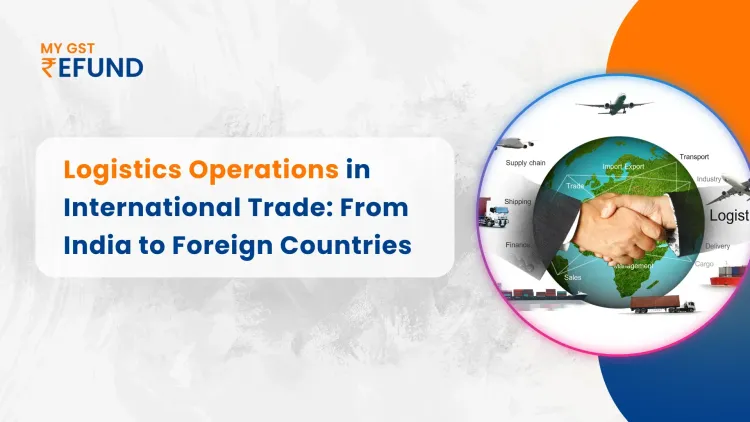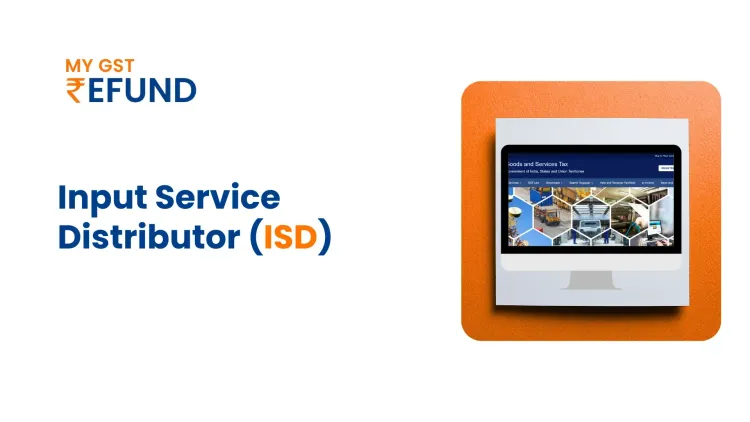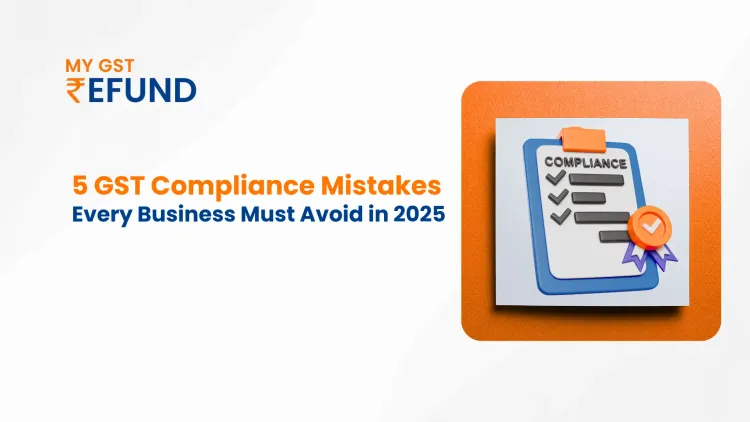GST on Petrol and Diesel: Government Policy, Rates, and Price Analysis
GST on Petrol and Diesel is one of the most debated issues in India’s taxation system. In July 2017, the Goods and Services Tax (GST) changed the Indian tax system forever, by replacing many indirect taxes with a single, unified levy. There has been a debate about GST applicability to petrol and diesel in such a situation. However, the government has failed to include these essential commodities under the GST regime, even after several people called for their inclusion. So, let’s quickly look at the taxes and price analysis on petrol and diesel as of December 2024 under current government policies.
What is GST on Petrol and Diesel?
Goods and Services Tax(GST) was the single tax that scrapped various indirect taxes like VAT, excise duty, and service tax. However, some products, including petroleum products such as petrol and diesel, have been excluded from the GST program. Instead, these products are subject to central excise duties and state-level VAT making the pricing complex and prices higher for consumers.
Although the central government has indicated that it wishes to bring them under GST, it remains dependent on state consensus to do so. As per the June 2024 updates, Union Finance Minister Nirmala Sitharaman also mentioned that it is up to the states to reach a consensus to decide on the rates before the GST Council implementation.
Key Takeaways
- The current tax structure on petrol and diesel in India is a mix of central and state taxes. This leads to big price differences across states.
- Many have asked for petrol and diesel to be under the GST. But making this happen is hard because of the tricky revenue sharing between the Centre and states.
- The current fuel taxes worry people about inflation, transport costs, and spending. There are talks about changing these rules.
- The government's decisions on this matter will greatly affect the Indian economy and how much things cost for everyone.
- Looking at how other countries tax fuel can help India's policymakers make better choices.
Why Are Petrol and Diesel Not Under GST?
Petrol and diesel have not been covered under the GST on petroleum products because they raise massive revenue for the central and state governments. Petroleum products constitute substantial sources of revenue both for the Union as well as State governments through Excise Duty and VAT. Many states also fear the loss of this revenue, and there would have to be such a massive change in how taxes are collected that it would dramatically alter many existing powers of the GST.
On top, the volatility of oil prices and the necessity of being more elastic in taxation make petrol and diesel difficult to bring into the rigid structure of GST. Unlike other such goods and services, the pricing of petrol and diesel depends on the often volatile global oil prices. Quite obviously, states and the central government may not be ready to let go of their control over the taxation of these vital products.
The Debate: Is Petrol and Diesel to be Brought Under GST?
Those who want petrol and diesel included under GST say this would add transparency, reduce the cascading effect of taxes, and streamline the tax structure. Right now, there is no GST on petrol and GST on diesel, so we see that the taxpayers in this country are being penalized by the government in multiple ways through indirect taxes. If petrol products come under GST, we may see lower prices.
But opponents are concerned about a price hike. The exception that lets states minimize the impact of price fluctuations is that states may levy different rates of VAT on petroleum products. If a GST was rolled out on petroleum products, the rate would probably be higher to compensate for the loss of revenue the center and state governments would have to make up. That means higher prices for the consumers at the gas pump.
Current GST Rates on Petroleum Products
Currently, there exists no GST on petrol and diesel. Outside the GST system of taxation, both products are taxed with central excise duty by the central government, and VAT by the respective states.
GST on Petrol: The central level levies a high amount of excise duty on petrol, and each state levies its VAT rate. VAT rates in different states vary from 20 to 30%. That means consumers in different states pay different prices for petrol.
GST on Diesel: Similarly, diesel, which is an important transport commodity, also does not escape these taxes. The excise duty is levied by the central government, in turn, levied value-added tax (VAT) on it. Diesel VAT rates also vary from state to state and some states impose rates ranging from 18% to 26% VAT.
Also Read:
GST Rate on Milk, Paneer, Curd, and Other Dairy Products
GST on Electric Vehicles
GST on flight tickets
Price Analysis of Petrol and Diesel
All of these factors affect the petrol & diesel prices in India – global crude oil prices, exchange rates, and magnitude of domestic taxes. While the price of petrol and diesel has been stable from that point (December 2024), the expense in general has become a pricey concern for the majority of consumers. The unclear and complex pricing structure is maintained even today by the lack of GST on petroleum products.
The crude oil prices on the global market wax and wane but the taxes on petrol and diesel keep the fuel prices much higher than the base cost of the crude. For example, crude oil prices may or may not be stable, but the high excise duty and VAT together add to the price in consumers' pockets. Petrol and diesel taxes account for nearly 60 percent of the retail price in some states.
What Is the Government’s Stance on GST for Petrol and Diesel?
This of course has meant that petrol and diesel have been brought under the carburettor of the GST too, eventually. But the state governments will be deciding the issue. On condition that there was consensus among the states, Finance Minister Nirmala Sitharaman said once a proposal to bring these products under GST was consented to, they would move ahead. The government's continued commitment to pursuing this issue is included in this, but the political and fiscal hurdles that would be necessary to make this type of shift are also noted.
The government also clarified that any implementation of the GST on petroleum products would not interfere with the existing revenue structure. Since states will not get revenue over what they got earlier, the states will have to agree on an appropriate tax rate within the GST framework to avoid a huge loss in revenue.
Will GST on Petrol and Diesel Lead to Lower Prices?
Supporters say lowering the petrol and diesel tax with GST would mean lower prices because of tax simplification, but clearly, it is difficult to predict precisely what will happen. Setting GST on petroleum would bring more transparency to the pricing of petroleum products, but the actual effect on the ultimate end consumer depends very much on what rate of GST is set. So if it is taxed too high, it might not work as advertised — a price hike instead of a price cut.
How Can GST Affect Businesses?
While the inclusion of GST on petrol and diesel could remove some of the blockages in the supply chain and reduce the cascading effect of the taxes, it would be tremendously difficult, as GST makes accounting for complex processes like revenue earned from the sale of these products very simple. A unified tax system would benefit businesses that have to grapple not only with multiple layers of taxation for petrol and diesel but also are putting customers under considerable pressure as a result of the rising taxes. Furthermore, the introduction of GST on petroleum products could simplify the filing process and reduce the level of complexity with which businesses operate.
Conclusion
Finally, while the government has indicated that petrol and diesel are to be included in GST, they are yet to decide the issue, and state governments remain the last word. For now, petroleum is a subject of GST debate and deserves heavy thought from all stakeholders. However, until a consensus is reached, consumers will be forced to pay for the complexity of the taxation by being forced to pay higher prices.
Frequently Asked Questions
Why is GST on petrol and diesel not implemented yet?
The reason is that state governments do not agree on the revenue implications of petrol and diesel inclusion in GST. These products are a big money spinner, and therefore, there are a lot of these states that are reluctant to give up their control over the taxation of these products.
How will GST on petrol and diesel impact prices?
If petrol and diesel were brought under GST, then that would depend on the rate fixed. High rates can increase prices, and moderate rates can lower them by removing cascading taxes.
Can businesses benefit from GST on petrol and diesel?
Of course, it could be beneficial to businesses if GST on petroleum products was introduced, simplifying the tax structure and eliminating the cascading effect, thereby making tax a more efficient system.
Is there any tool to check GST status and refunds?
Yes, the GSTIN Status Validator and Refund Calculator on websites such as MY GST Refund will also enable you to check the status of your GSTIN and calculate any refund that might be due.
Related Posts








